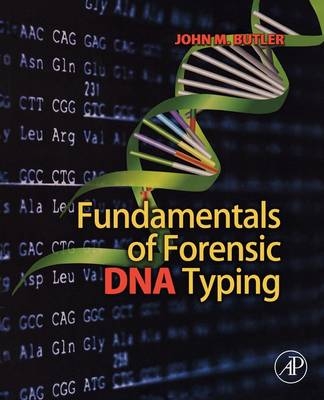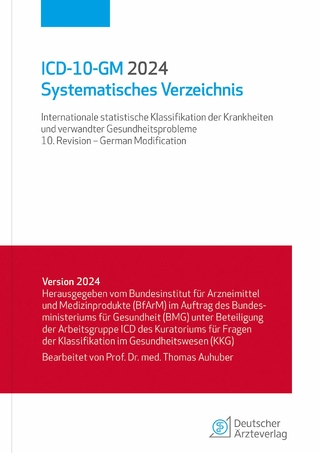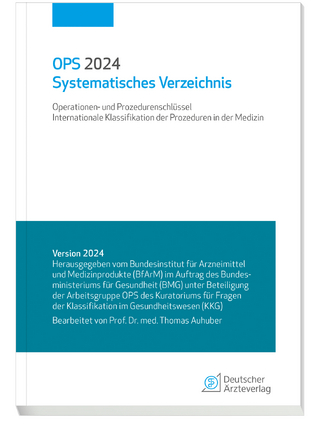
Fundamentals of Forensic DNA Typing
Academic Press Inc (Verlag)
978-0-12-374999-4 (ISBN)
Fundamentals of Forensic DNA Typing is written with a broad viewpoint. It examines the methods of current forensic DNA typing, focusing on short tandem repeats (STRs). It encompasses current forensic DNA analysis methods, as well as biology, technology and genetic interpretation. This book reviews the methods of forensic DNA testing used in the first two decades since early 1980’s, and it offers perspectives on future trends in this field, including new genetic markers and new technologies. Furthermore, it explains the process of DNA testing from collection of samples through DNA extraction, DNA quantitation, DNA amplification, and statistical interpretation. The book also discusses DNA databases, which play an important role in law enforcement investigations. In addition, there is a discussion about ethical concerns in retaining DNA profiles and the issues involved when people use a database to search for close relatives. Students of forensic DNA analysis, forensic scientists, and members of the law enforcement and legal professions who want to know more about STR typing will find this book invaluable.
John M. Butler is a NIST Fellow and Special Assistant to the Director for Forensic Science, Office of Special Programs, at the U.S. National Institute of Standards and Technology, in Gaithersburg, Maryland. Dr. Butler earned his PhD from the University of Virginia while doing DNA research in the FBI Laboratory's Forensic Science Research Unit. He has won numerous scientific awards, including being named Science Watch’s #1 world-wide high-impact author in legal medicine and forensic science over the last decade (July 2011). He has over 150 publications in this field and is a frequent presenter on the topic of DNA typing, and has authored four other DNA Typing books including Advanced Topics in Forensic DNA Typing: Methodology. For a detailed CV, visit http://www.cstl.nist.gov/strbase/butler.htm.
Foreword
Introduction
Acknowledgments
About the author
1 Overview and History of DNA Typing
2 Basics of DNA Biology and Genetics
3 Historical Methods
4 Sample Collection, Storage and Characterization
5 DNA Extraction
6 DNA Quantitation
7 DNA Amplification (The Polymerase Chain Reaction)
8 Short Tandem Repeat Markers
9 Fundamentals of DNA separation and Detection
10 STR Genotyping and Data Interpretation
11 Statistical Interpretation: Evaluating the Strength of Forensic DNA Evidence
12 DNA databases
13 Quality Assurance
14 Forensic Challenges: Degraded DNA, Mixtures, and LCN
15 Additional Loci and Non-Human DNA Testing
16 Lineage Markers: Y Chromosome and mtDNA Testing
17 Applications of DNA Typing
18 Future Trends
Appendix
1 Glossary of Terms
2 Useful Websites
3 Probability and Statistics
| Erscheint lt. Verlag | 30.9.2009 |
|---|---|
| Verlagsort | San Diego |
| Sprache | englisch |
| Maße | 191 x 235 mm |
| Gewicht | 1060 g |
| Themenwelt | Informatik ► Weitere Themen ► Bioinformatik |
| Studium ► 2. Studienabschnitt (Klinik) ► Rechtsmedizin | |
| Naturwissenschaften ► Biologie ► Genetik / Molekularbiologie | |
| Recht / Steuern ► Strafrecht | |
| ISBN-10 | 0-12-374999-9 / 0123749999 |
| ISBN-13 | 978-0-12-374999-4 / 9780123749994 |
| Zustand | Neuware |
| Haben Sie eine Frage zum Produkt? |
aus dem Bereich


